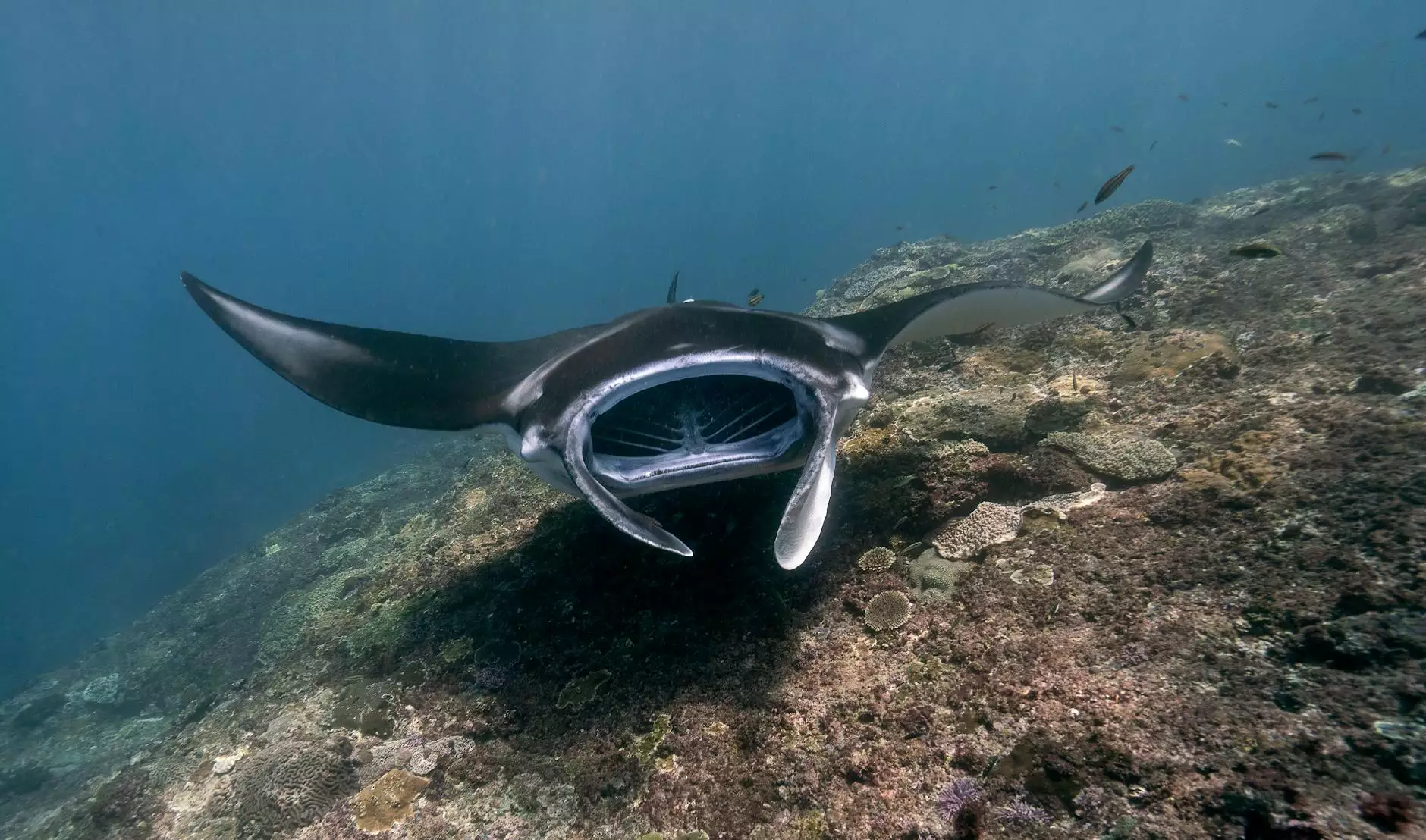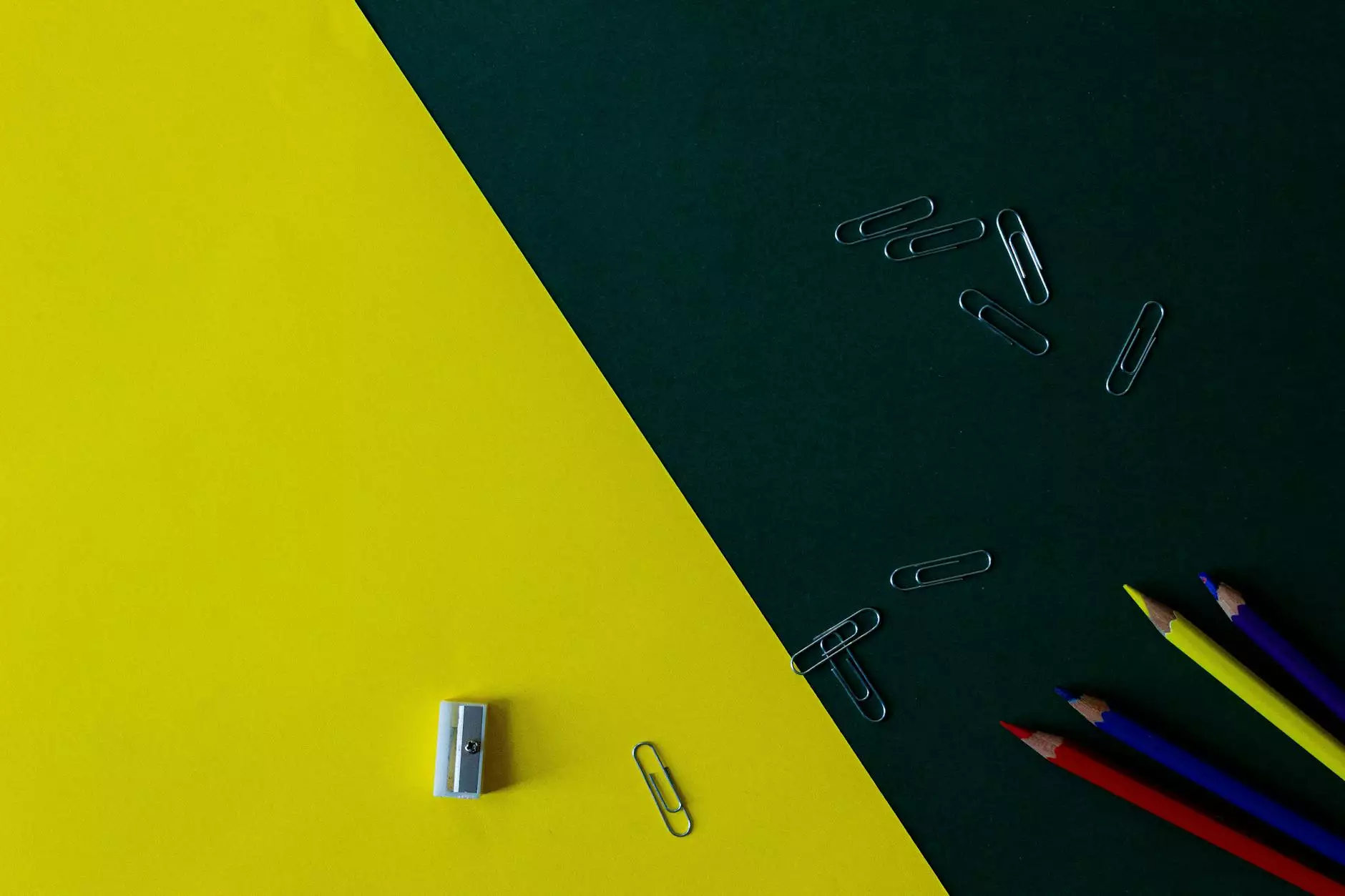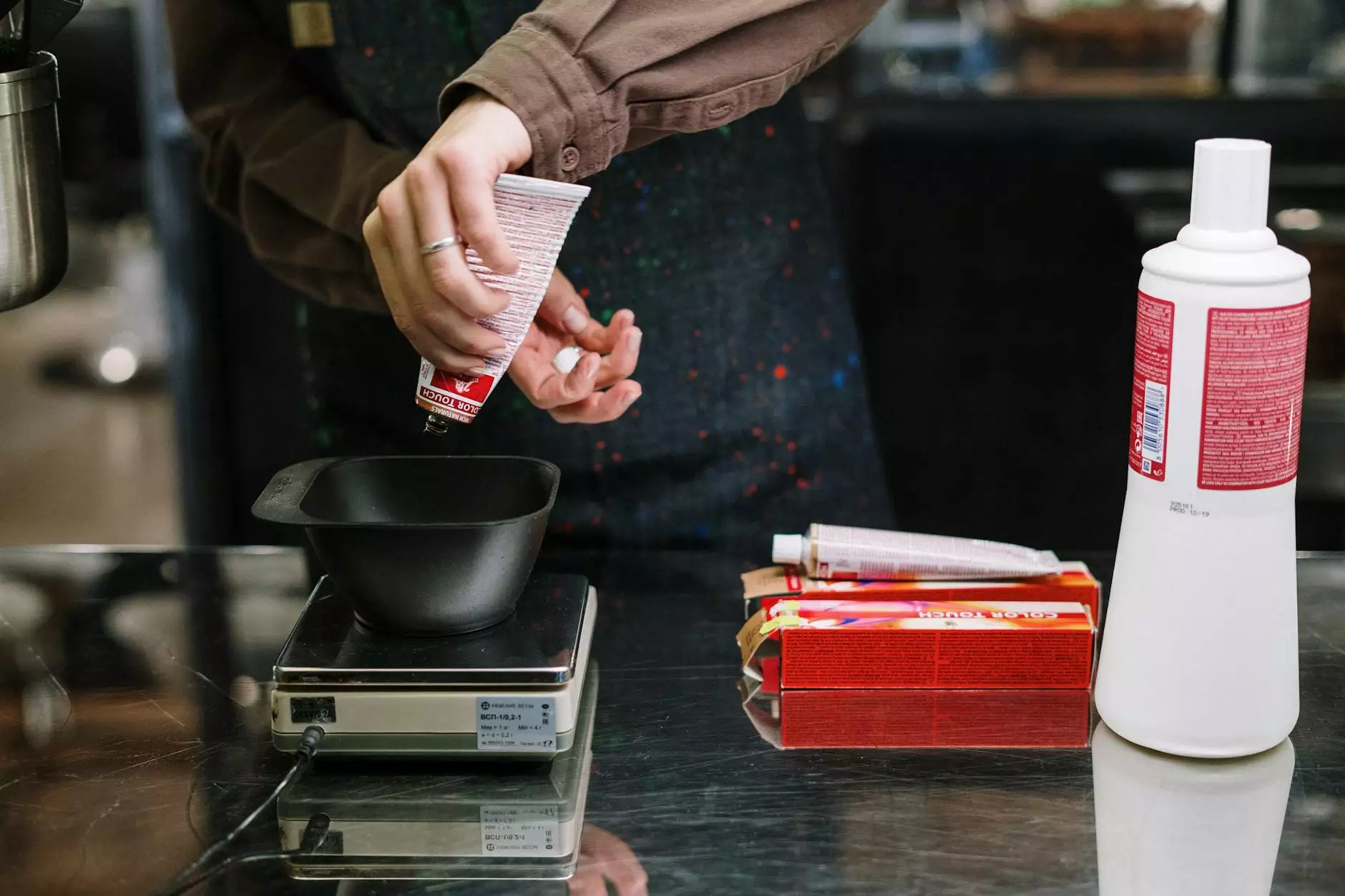Comprehensive Guide to Buying Scuba Diving Equipment

When it comes to buying scuba diving equipment, it's essential to equip yourself with the right knowledge and gear. Whether you're a novice or a seasoned diver, understanding the components and features of diving equipment can greatly enhance your underwater experience. This article will delve deep into everything you need to know about purchasing scuba diving gear, ensuring you make informed decisions catered to your diving needs.
Understanding Scuba Diving Equipment
Scuba diving equipment can be categorized into various segments, each crucial for a safe and enjoyable dive. Here, we outline the primary components you will need to consider when buying scuba diving equipment.
Essential Scuba Diving Gear
- Dive Suit: Protects you from cold water, sun exposure, and marine life. Options include wetsuits and drysuits.
- Buoyancy Control Device (BCD): Allows you to maintain neutral buoyancy underwater and safely surface.
- Regulator: Supplies breathing gas from your tank. It's essential for safe and comfortable diving.
- Dive Tank: Holds the compressed air you breathe while underwater, typically made of aluminum or steel.
- Weight System: Helps you achieve neutral buoyancy by counteracting the buoyancy of your wetsuit and gear.
- Mask and Snorkel: Provides visibility underwater—a critical component of your gear.
- Fins: Enhance your mobility and efficiency while swimming underwater.
- Dive Computer: Monitors your depth and time to ensure a safe diving experience.
The Importance of Quality Equipment
Investing in quality scuba diving equipment is crucial for both safety and performance. Here are several reasons why you should prioritize quality over price:
- Safety: High-quality gear is designed to withstand the pressures of underwater environments, ensuring your safety.
- Durability: Quality equipment generally lasts longer, providing greater value over time.
- Comfort: Well-made gear often translates to better fit and comfort, which is crucial during long dives.
- Performance: Premium equipment enhances your diving experience, making it more enjoyable and efficient.
Tips for Buying Scuba Diving Equipment
1. Research and Educate Yourself
Before making any purchase, take the time to research different brands, models, and features. Understanding what you need will help streamline the buying process.
2. Consider Your Diving Style
Your diving style greatly influences what equipment is suitable for you. For example, a casual snorkeler may need different gear compared to a technical diver. Think about how often you plan to dive and in what conditions.
3. Trying Before You Buy
Whenever possible, try on equipment before purchasing. A well-fitting wetsuit or mask can make a significant difference in your experience. Many dive shops, like those affiliated with Infinity Dive, may offer rental options that allow you to test gear before buying.
4. Check Reviews and Recommendations
Look for reviews from other divers regarding specific brands and models. Online forums and diving communities can provide valuable insights and recommendations on best practices for buying scuba diving equipment.
5. Don't Overlook Accessories
While primary gear is essential, don’t forget about accessories that can enhance your dives, such as:
- Underwater Camera: Capture your underwater memories with ease.
- Surface Marker Buoy (SMB): A critical safety tool to signal your location at the surface.
- Dive Log Book: Keep track of your dives and experiences for future reference.
Maintenance and Care for Your Scuba Gear
Once you've made your purchases, it's vital to care for your scuba equipment to ensure its longevity and performance:
Regular Inspections
Regularly check your equipment for any damages or wear and tear. Pay extra attention to seals, tanks, and regulators before and after each dive.
Proper Cleaning
After each dive, rinse your equipment with fresh water to remove salt and sand. This routine helps prevent corrosion and extends the life of your gear.
Storage Guidelines
Store your scuba gear in a cool, dry environment away from direct sunlight. Proper storage prevents materials from degrading over time.
Common Mistakes to Avoid When Buying Scuba Diving Equipment
Be mindful of these common pitfalls to ensure a better purchase experience:
- Ignoring Fit: Equipment that doesn’t fit well can lead to discomfort and hazards during diving.
- Buying Unnecessary Gear: Identify what’s essential for your diving experience to avoid clutter and unnecessary expense.
- Forgetting About Service Life: Keep track of your gear’s service dates and ensure timely maintenance.
Where to Buy Scuba Diving Equipment
When it comes to purchasing scuba diving equipment, consider the following options:
Local Dive Shops
Your local dive shop is often the best place to start. They provide expert advice, can help you find gear that matches your needs, and offer after-sales support. Plus, shopping locally fosters community connections.
Online Retailers
Websites like infinitydive.com offer a vast selection of scuba gear, often at competitive prices. Look for sites with strong customer service, return policies, and warranty information.
Second-Hand Equipment
If you’re on a budget, consider buying used gear, but ensure it’s in good condition. Always inspect used equipment thoroughly or consult with trained professionals for assessments.
Conclusion
Buying scuba diving equipment is a significant investment that enhances your underwater adventures. By prioritizing quality, understanding your needs, and avoiding common buying mistakes, you can ensure that you select the right gear for your diving journey.
Whether you're diving in tropical waters or exploring local sites, the right equipment makes all the difference. Explore your options today at infinitydive.com, your trusted source for scuba diving tours and equipment, and dive into the depths with confidence!
buying scuba diving equipment








